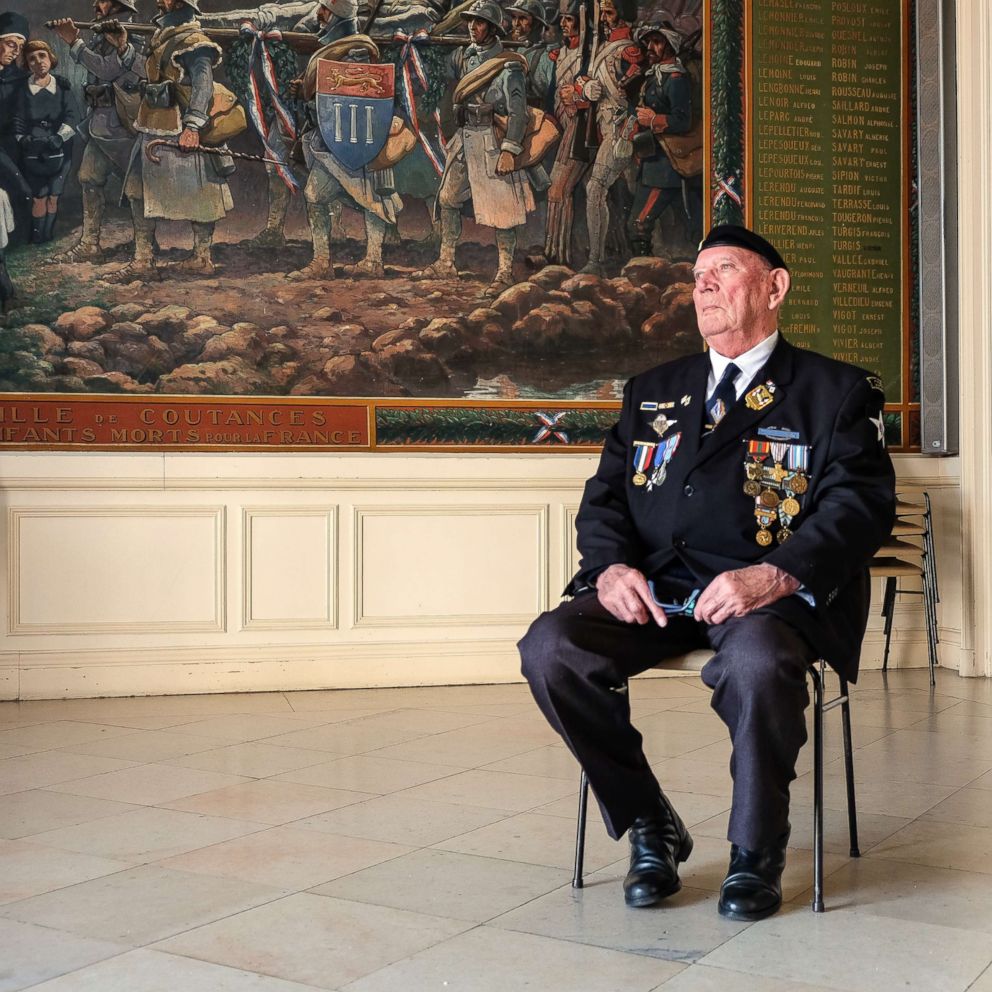Korean War veterans discuss future of North Korea, US relations
Photojournalist Jonathan Alpeyrie conducted interviews with Korean War veterans from several countries between February and May to get their thoughts on the current state of relations between the U.S. and North Korea.
These are the stories they shared with him.
US veterans
Raymond Lee Fish, US Army
Raymond Fish, born in Sherrodsville, Ohio, served as a medic in the U.S Army between 1950 and 1951. His main duty was to assist doctors treating and operating wounded soldiers injured on the front lines.
During a mission with UN forces to push against the Chinese, he said he suffered gunshot wounds to his arm and his rear end as Chinese forces pushed back.
"When I see what is going on today between the two Koreas and the U.S. I feel that after so many decades, we never really completed our work there. I would not say it was for nothing that we fought over there and lost so many of our friends."
Hopefully with these new negotiations the two Koreas will be united one day. I wish that for the Korean people.

Harold Lister Miller, Marine Corps
Harold Miller, a South Carolina native, fought in the Korean War as an infantryman with the Marine Corps. He was tasked with keeping records of the casualties and their replacements.
He was discharged in October 1952, three years after enlisting in June 1949.
"I remember my time at the front when the war was raging. I remember the men we lost, and the friends left behind. I could not bear seeing more American boys die in Korea."
We already made the sacrifice. Why should they fight and die for something that should be at this point resolved peacefully?
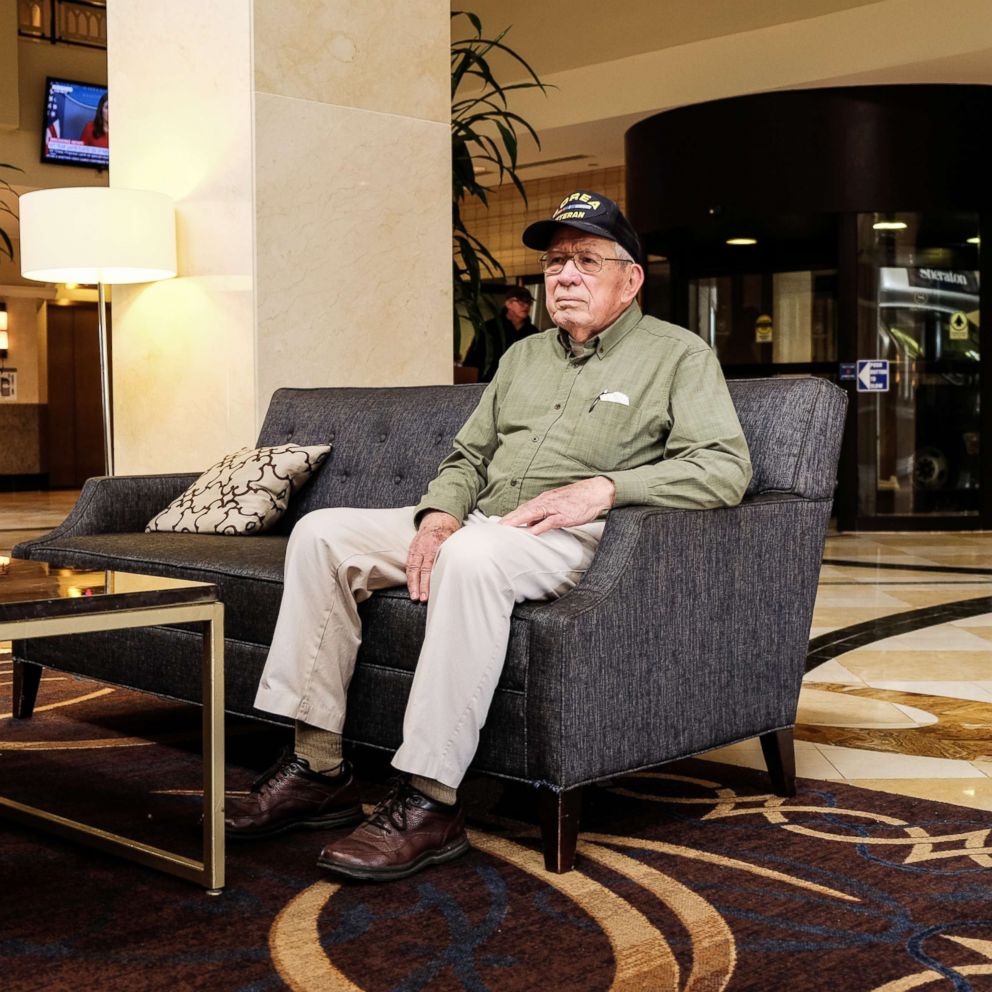
William Edward Ali, Marine Corps
William Ali joined the Marine Corps in January 1950, six months before he was set to graduate from technical high school in his native Detroit. Ali recounts serving as an ammunition carrier for machine guns and replacing troops who had been at the front lines for a year prior to his arrival.
As the casualties mounted he assisted in carrying them to a nearby makeshift hospital.
He returned to the United States in early April 1952.
"Hopefully, a deal will be struck between the U.S. and North Korea so people can get a glimpse of what was done 65 years ago on these hills in North Korea."
Our memories should serve as a reminder of what could happen there again if we are not careful.
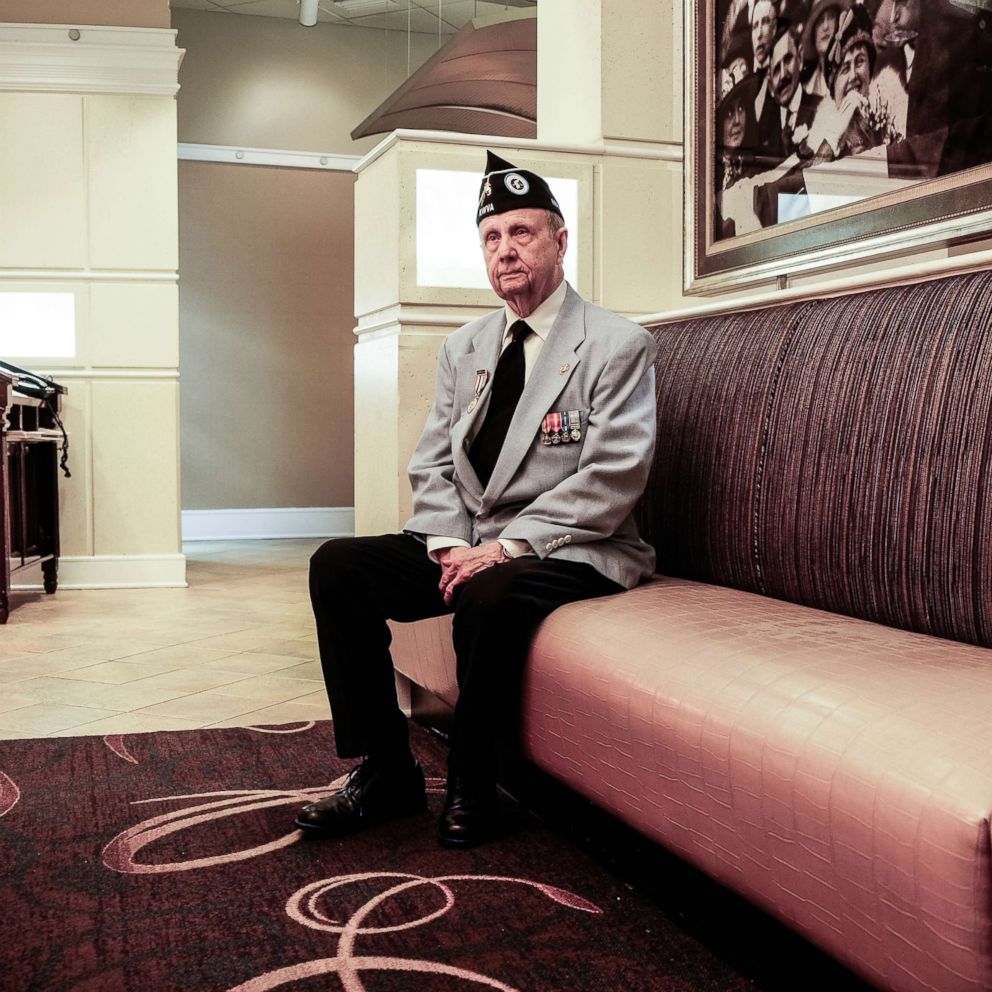
Michael Francis Nordone, US Army
Michael Nordone was drafted into the U.S. Army in 1951, the same year he turned 21. Nordone recounted an incredible incident during the battle of Heartbreak Ridge, where he helped rescue an injured Turkish troop by providing cover fire with a machine gun as other troops rushed to save the injured soldier.
His impressive shooting skills earned him praise from his commander and led to him earning the position as a sniper.
He was shipped back to the U.S. once his tour was over in early 1952.
"Will the new deal work between us and them? Who knows? All I know is that I am left with the memories I have tried to erase and the friends I left behind. You see, this never leaves you."
I hope that the Koreas are reunited one day. After all, North and South Koreans are really the same people. It would benefit both countries in the long run.

Turkish Veterans
Kemal Yalcin, Turkish military
At age 12, Kemal Yalcin was sent to military school by his grandfather, who had raised him after his father died when he was 2 years old. After graduating as an officer in an engineer outfit, he trained at a commando school for further training.
By mid-summer of 1951 he had completed his training and was asked to join the Turkish forces in Korea. Yalcin was happy with this new prospect as he had always wanted to visit the world and see other countries.
He was sent back home to Turkey in the spring of 1952.
The negotiations between the U.S. and North Korea still shows how strong the U.S. is and how good strength can be [used
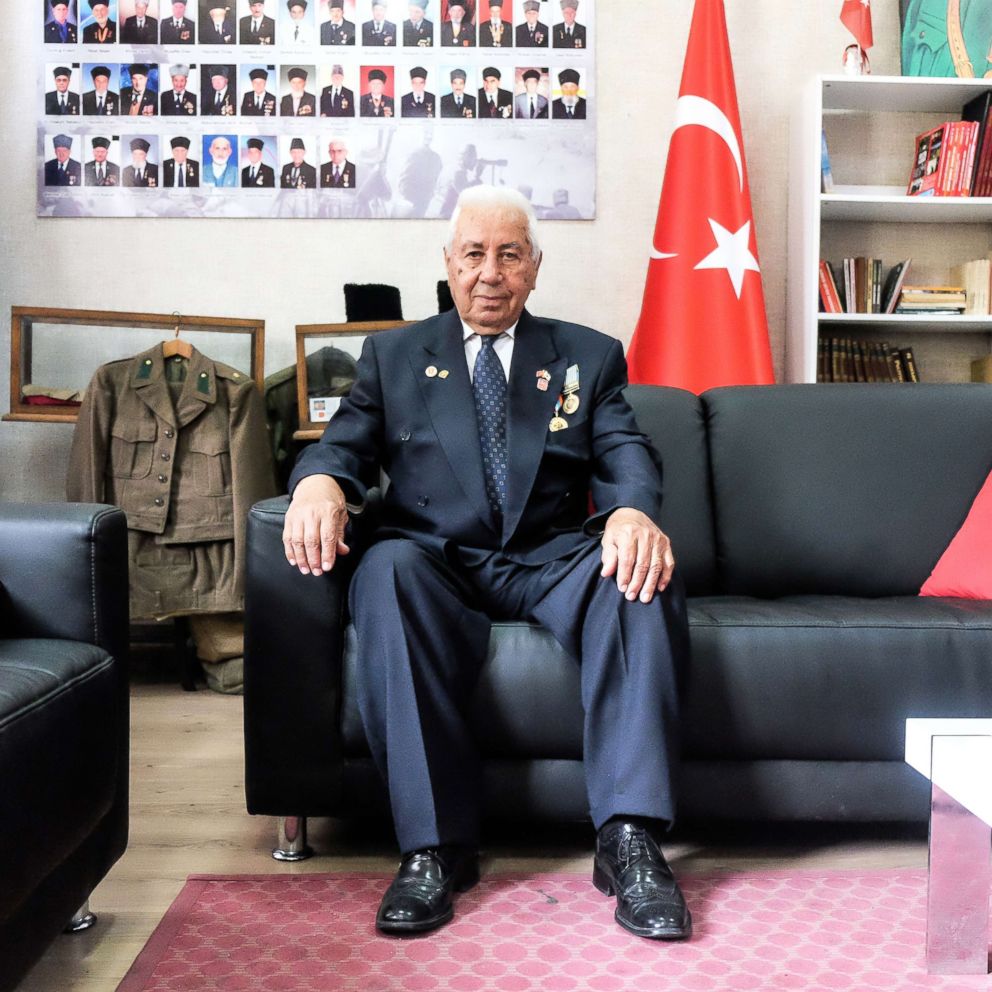
Mehmet Arif Boran, Turkish forces
Mehmet Boran said many Turkish soldiers were injured in battle in 1953. He was wounded by a mortar round in the lower back during a Chinese attack on his position.
The round hit a tree next to him, deflecting the shrapnel. If not for the tree, he said he would have been killed.
He returned to Turkey in August 1953.
"I’d wish for the two Koreas to be rejoined one day. After all, we fought and died for their reunification 65 years ago."
The U.S. needs to be strong and has to be careful of the North Koreans, as they are very smart and they can play a game which could see them win at the end.
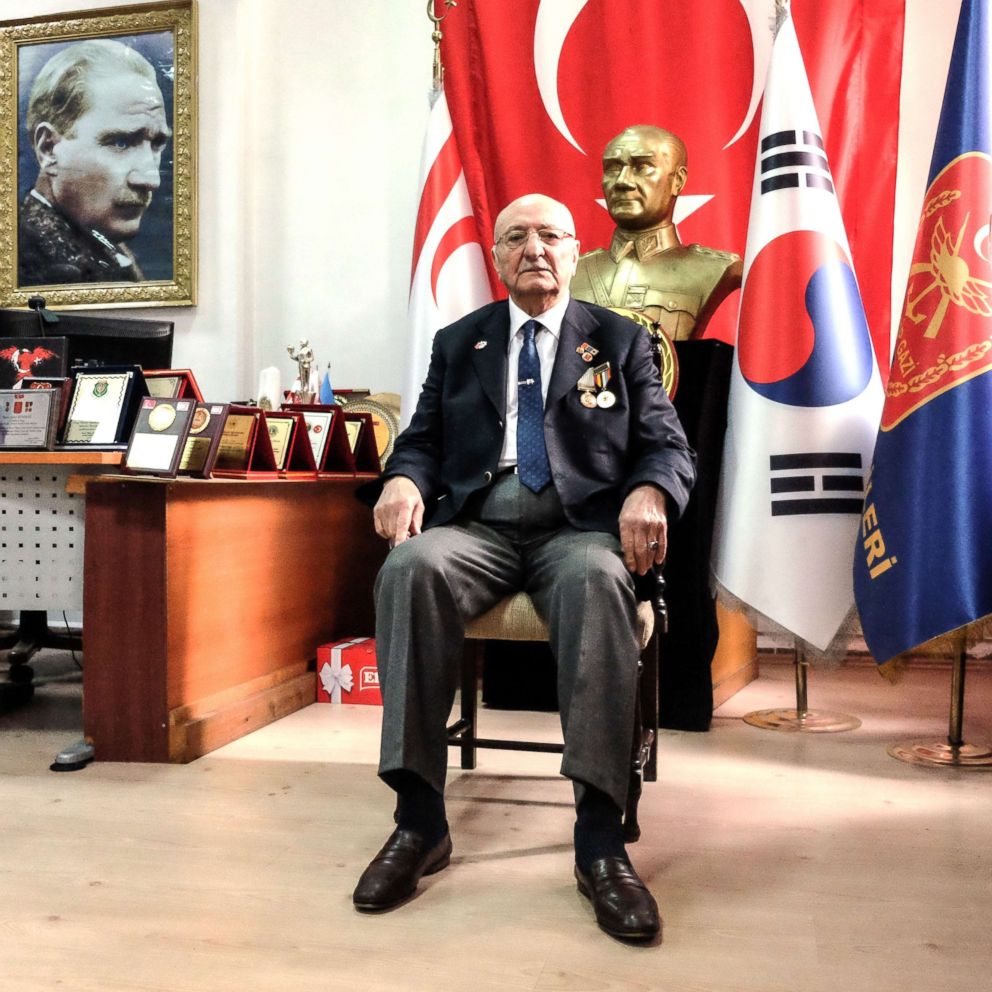
Korean War veteran
Khang Chun Bum, Korean soldier
Khang Bum said he was tricked into enrolling in the army while at school after a teacher asked him to write a paper about his family’s history and then sign it. Apparently, the document he signed was not a class assignment but an official document drafting him to the army.
He was able to dodge the draft for four months while hiding out in the basement of a family house. He said he joined the U.S. Army, in the south of Korea, where he trained as a soldier.
Khang was assigned the role of going around villages and towns to locate and capture communist sympathizers.
"I do not believe you can trust the North Koreans into agreeing to give up their nuclear program. That program is their guarantee for safety."
The North Korean leadership is very smart and cunning, and that should be take into account when dealing with them.
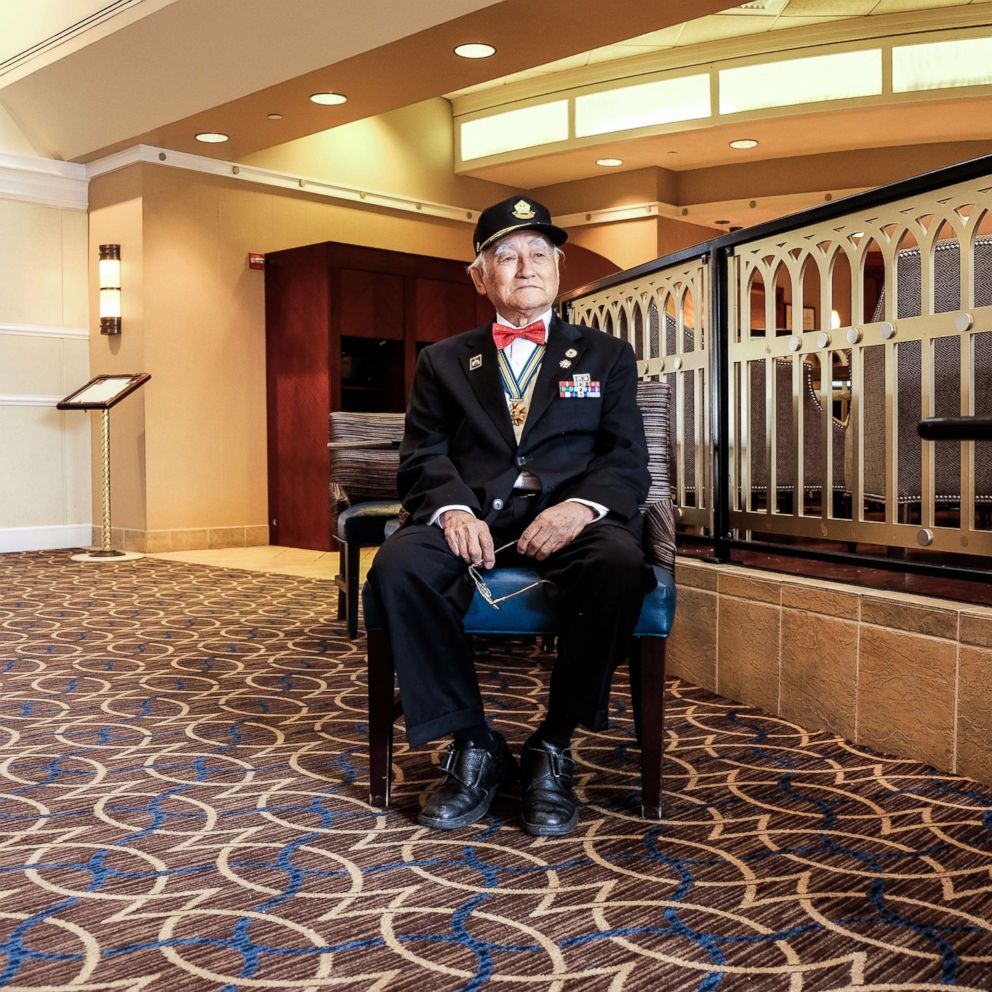
British veterans
Alan Guy, British Army
Liverpool native Alan Guy was inspired to serve his country by his father, who fought in World War II in an infantry regiment. The younger Guy joined the British Army and trained as a nurse in a military hospital from October 1950 to January 1952.
Guy was later promoted to corporal.
As part of his service, Guy said he would be called up to give advice on how to remove the terrible smell from decaying corpses and how to prevent malaria infections.
"The North Korea problem is not just an American problem, but also a European one."
The West, in general, is at risk with a nuclear North Korea, not just the U.S.A. I do agree that needs to be dealt with, diplomatically first, and military second.
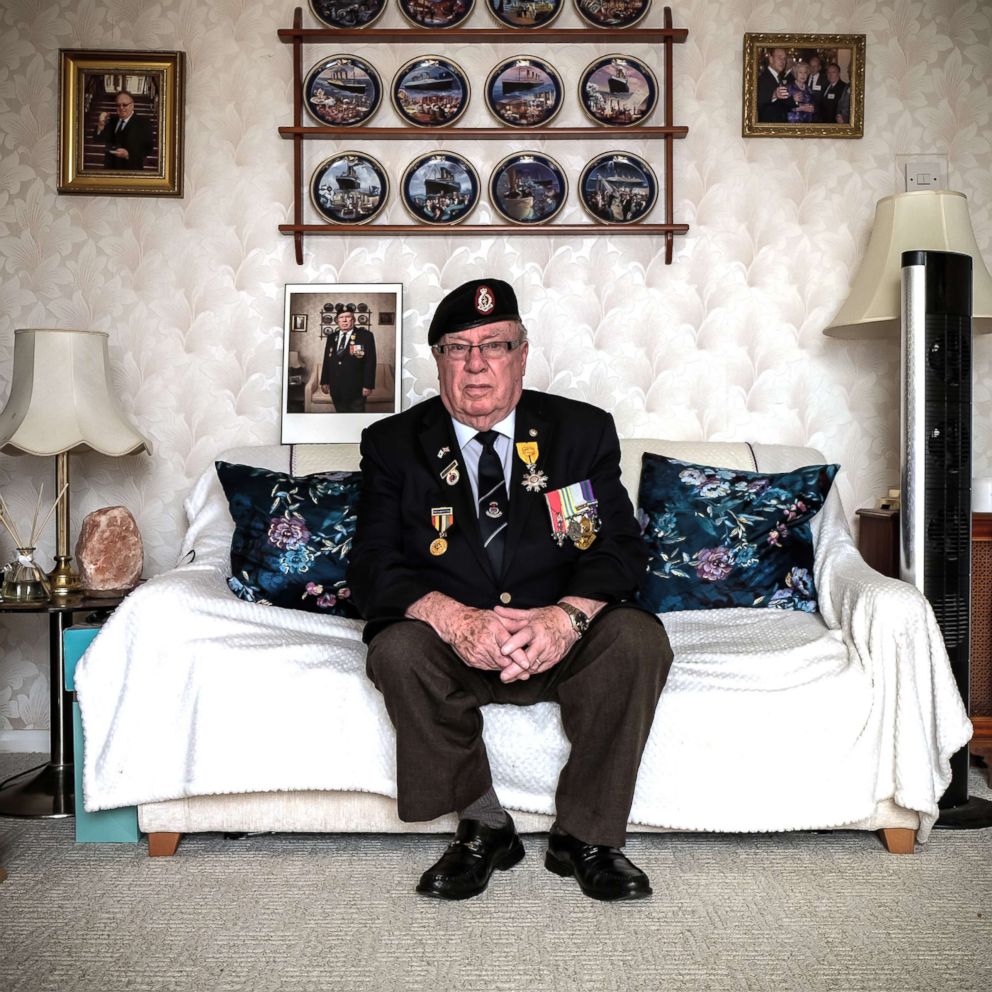
Jim Tate, British Army
Jim Tate volunteered for Korea. While on the journey there, in July 1953, he received news that the armistice had been signed.
Tate said he was based in the transit camp in Pusan, where his tasks included supervising the loading and unloading of supplies coming into the port.
He returned to London in August 1955 after stints undertaking police duties in Japan and Hong Kong.
I hope the deal between the U.S. and North Korea will one day see a unified Korea. After all, North and South Korea are the same people.
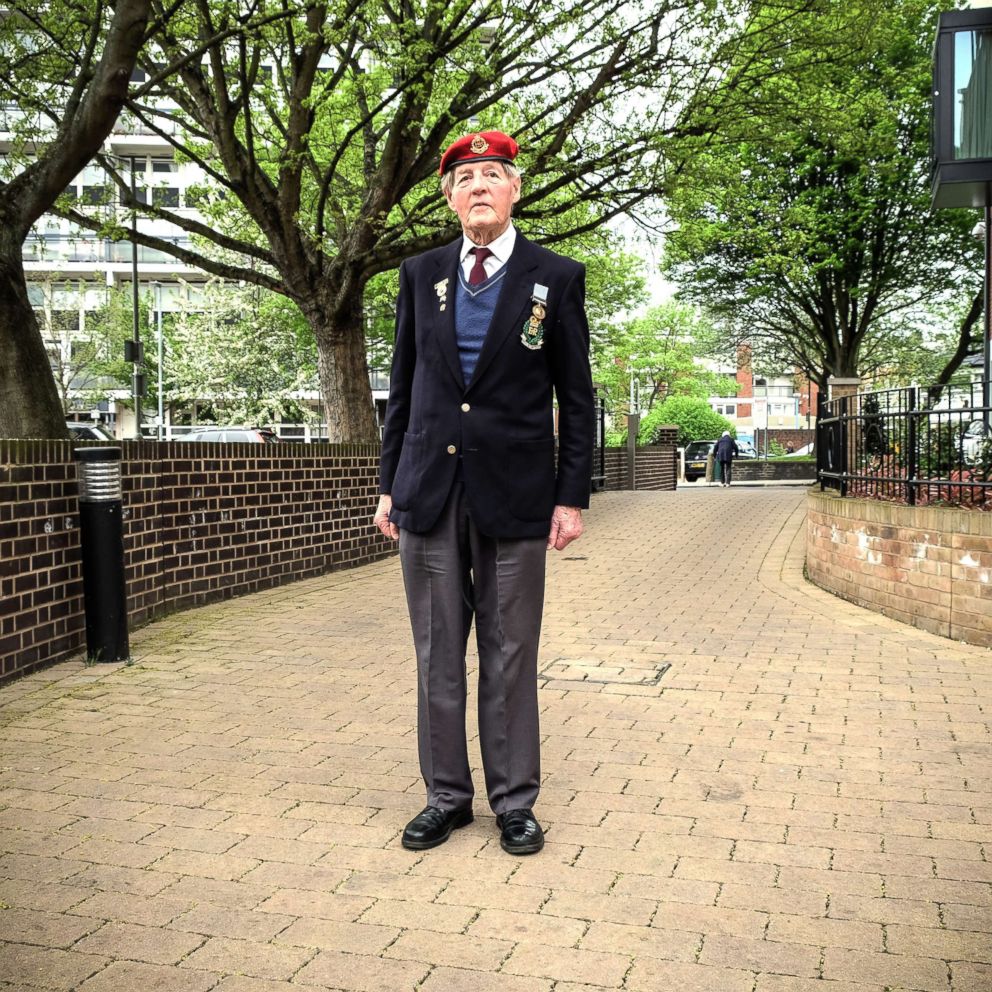
French veterans
Guy Monnehaye, French forces
Guy Monnnehaye was part of the first shipment of French soldiers to go to Korea. He said he arrived in Pusan in November 1950 and participated in the Battle of the Twin Tunnels and the Battle of Heartbreak Ridge.
He left the Army in 1961.
"I was just a simple soldier who had little understanding of what was going on in Korea at the time. I barely knew where that country was when I was told I would be leaving for war over there."
I just see powerful nations expanding their power over a small country, and I wonder if it will work at all to have the North Koreans drop their nuclear weapons.
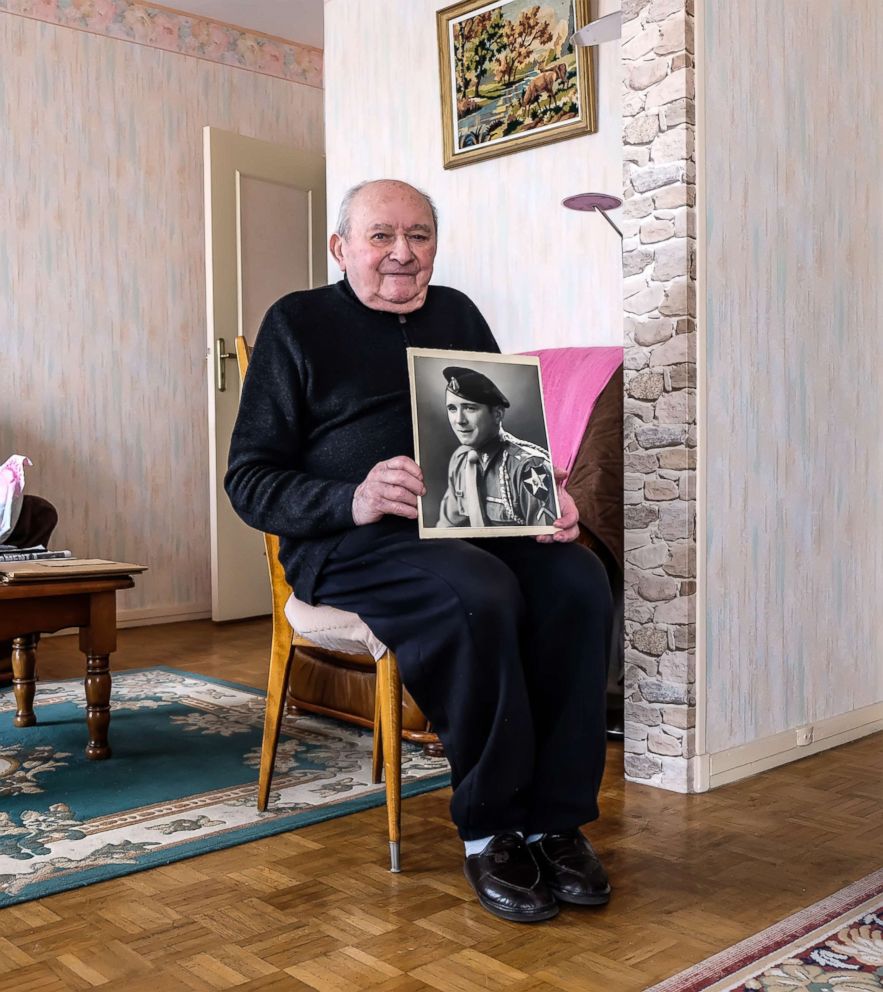
Robert Picquenard
Robert Picquenard said he was raised in Lison, France, in an area that was often bombed by the Allies.
After seeing an American bomber shot down and the pilots jump by parachute, he told his grandfather that he wanted to enroll as a paratrooper. He signed up on the eve of his 18th birthday. He returned to France in early December 1953 after having volunteered to go to Korea the previous year.
I do not believe that the North Koreans will just abandon their nuclear weapons. Why would you? Look at what Gadaffi did, and how it ended up for him. He agreed to stop his nuclear program, and they still killed him.
